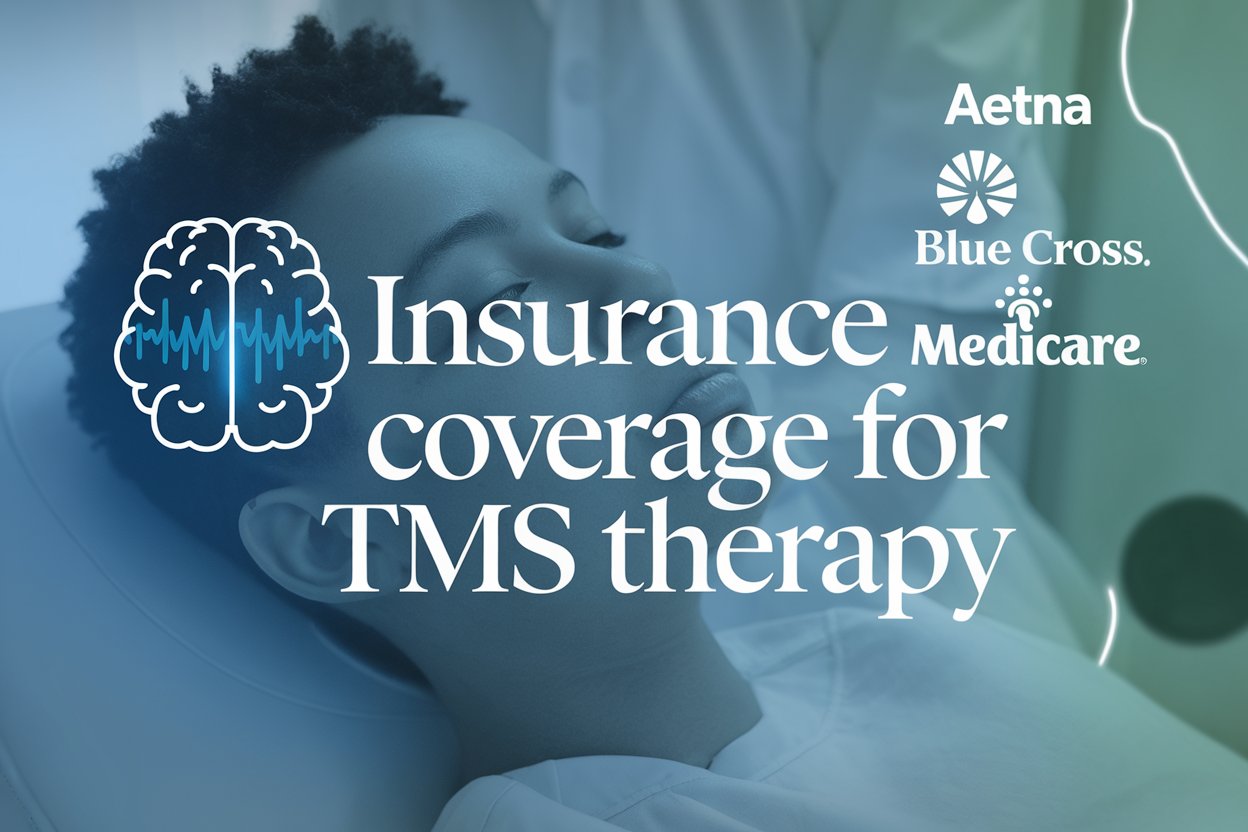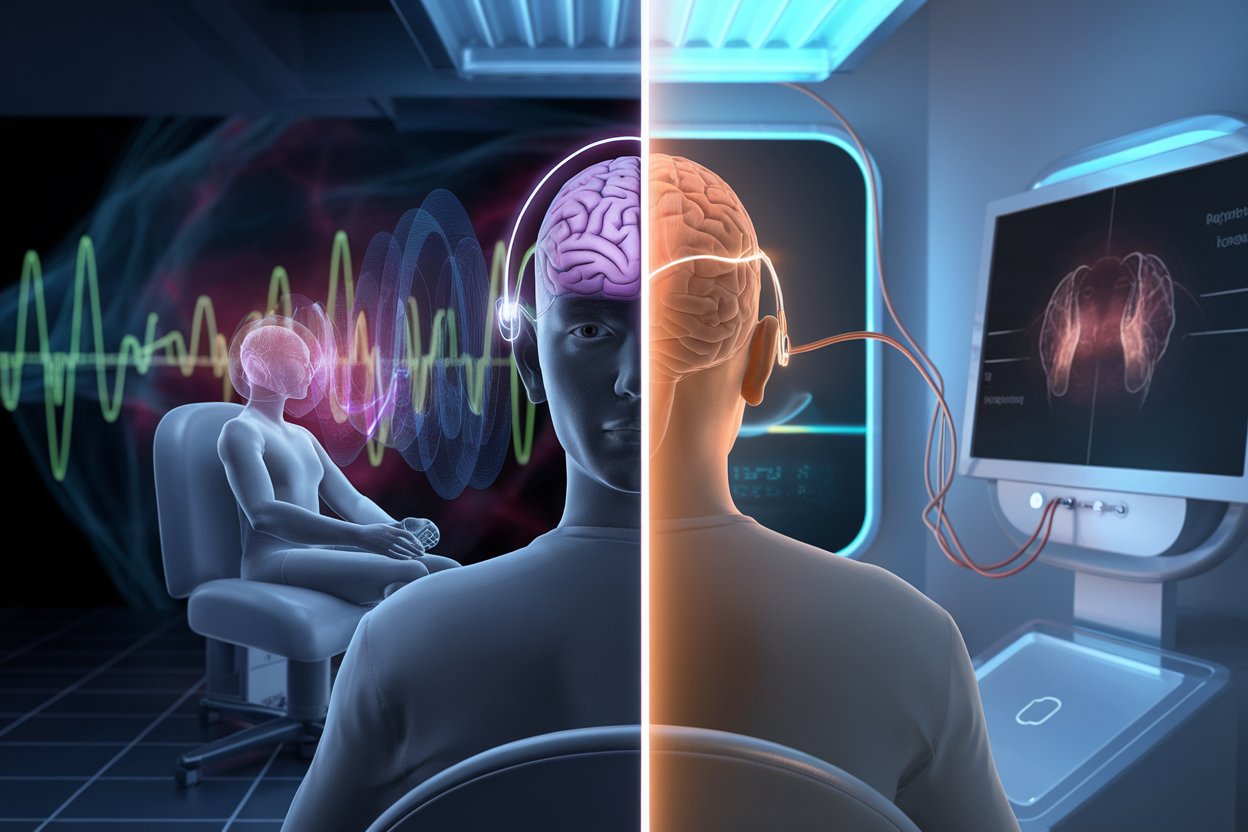If you’re searching for Cigna-covered TMS therapy in Phoenix and Scottsdale, you’re not alone. Transcranial Magnetic Stimulation (TMS) is a breakthrough treatment for depression, anxiety, and other mental health conditions. But finding an in-network TMS provider can feel overwhelming.
At American TMS Clinics, we’re here to help. This guide will walk you through everything you need to know about TMS therapy, Cigna coverage, and how to find the right provider near you.
What is TMS Therapy, and How Can It Help?
TMS therapy is a cutting-edge treatment that uses magnetic pulses to stimulate areas of the brain associated with mood regulation. It’s FDA-approved for conditions like:
- Treatment-resistant depression
- Anxiety disorders
- Obsessive-Compulsive Disorder (OCD)
Unlike medications, TMS is non-invasive and has minimal side effects. Many patients who haven’t found relief with traditional treatments see significant improvements with TMS.
Why Finding an In-Network TMS Provider is Challenging
Finding a Cigna-covered TMS provider in Phoenix and Scottsdale can be tough. Here’s why:
- Limited Providers: Few clinics accept Cigna for TMS therapy.
- Coverage Confusion: Patients often struggle to verify if their plan covers TMS.
- Long Wait Times: High demand can lead to delays in starting treatment.
How to Find an In-Network TMS Provider for Cigna
Follow these steps to find a Cigna-covered TMS provider in Phoenix and Scottsdale:
- Contact Cigna: Call Cigna customer service or check their online directory for in-network TMS providers.
- Verify Credentials: Ensure the provider is experienced in TMS therapy.
- Call the Clinic: Confirm they accept Cigna and are taking new patients.
- Check Reviews: Look for patient reviews on Google or Yelp to ensure quality care.
Pro Tip: If you’re struggling, ask your psychiatrist for a referral to a trusted provider.
Questions to Ask Your TMS Provider
Before starting TMS therapy, ask these key questions:
- Are you in-network with Cigna?
- What will my out-of-pocket costs be?
- How many sessions will I need, and what’s the success rate?
- What should I expect during and after treatment?
Tips for Making the Most of Your TMS Therapy Experience
Here are some practical tips to help you succeed with TMS therapy for depression Phoenix:
How to Prepare for TMS Sessions
- Get Rest: Ensure you have a good night’s sleep before each session.
- Eat Well: A light meal can help keep your energy up.
- Wear Comfortable Clothing: Make sure you are relaxed during your treatment.
What to Expect During and After Treatment
- During Treatment: You will sit comfortably while the machine sends magnetic pulses.
- After Treatment: Some people feel relaxed, while others may feel tired. Both are normal.
Tracking Your Progress
- Keep a Journal: Write down how you feel after each session.
- Talk to Your Provider: Share your progress and any side effects.
- Set Small Goals: Celebrate the small wins along the way.
Take the Next Step with American TMS Clinics
Don’t let insurance hurdles stop you from getting the care you deserve. At American TMS Clinics, we’re here to help you find a Cigna-covered TMS provider in Phoenix and Scottsdale.
Call us today to verify your Cigna coverage and schedule a consultation. Let’s work together to find a solution that fits your needs.





